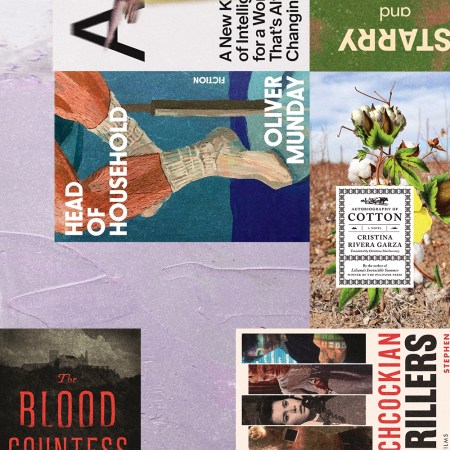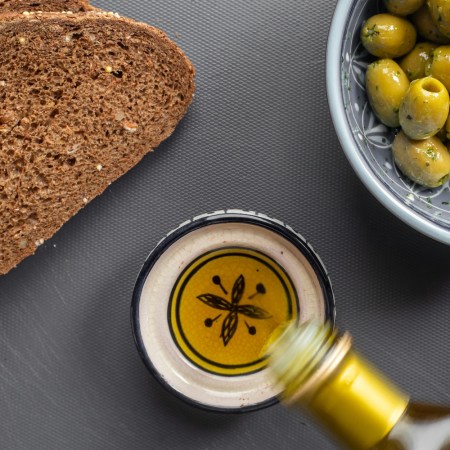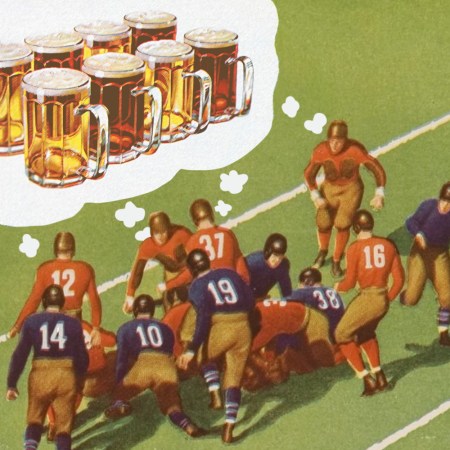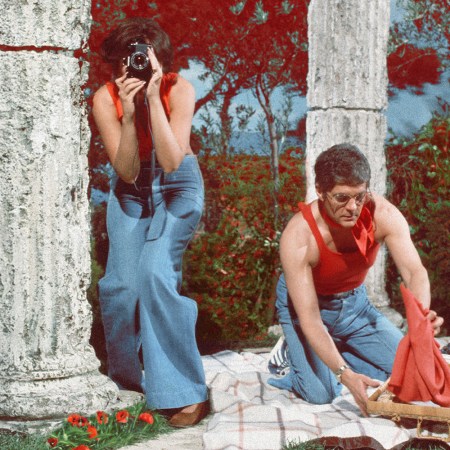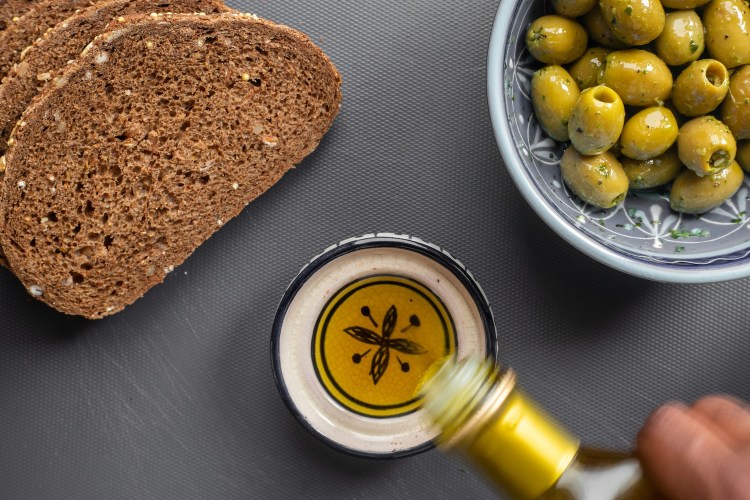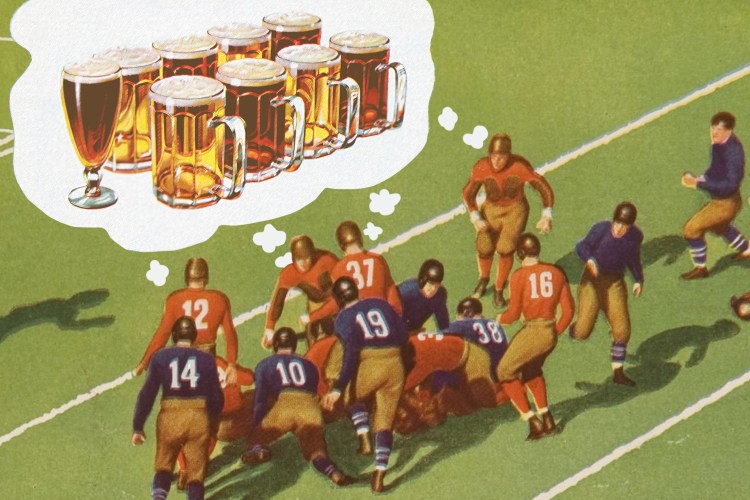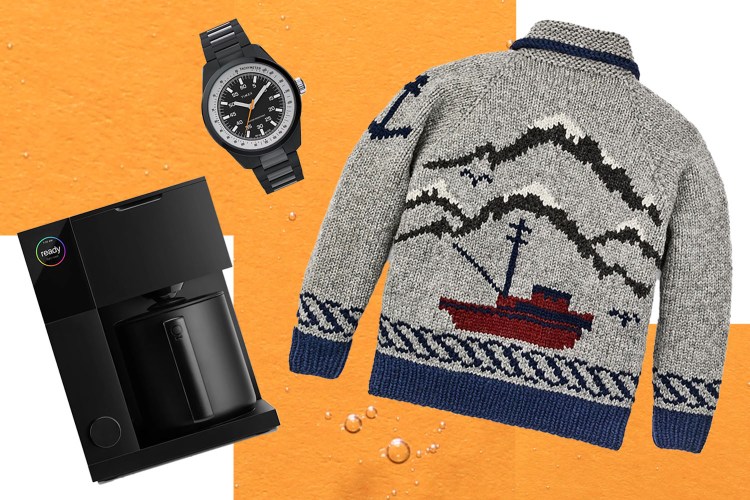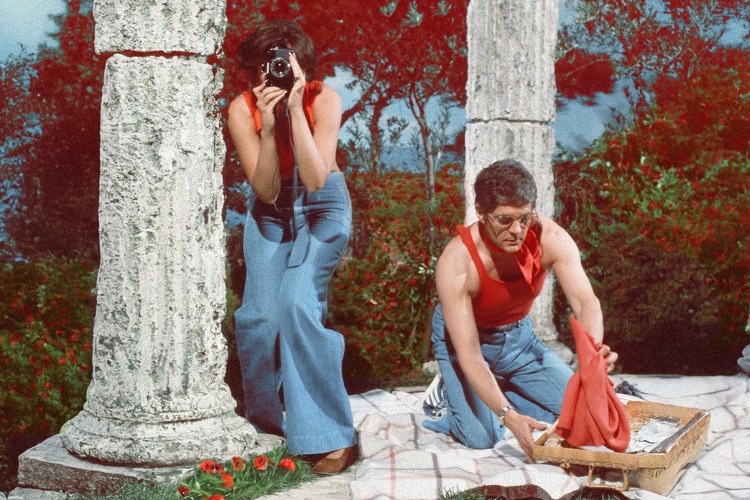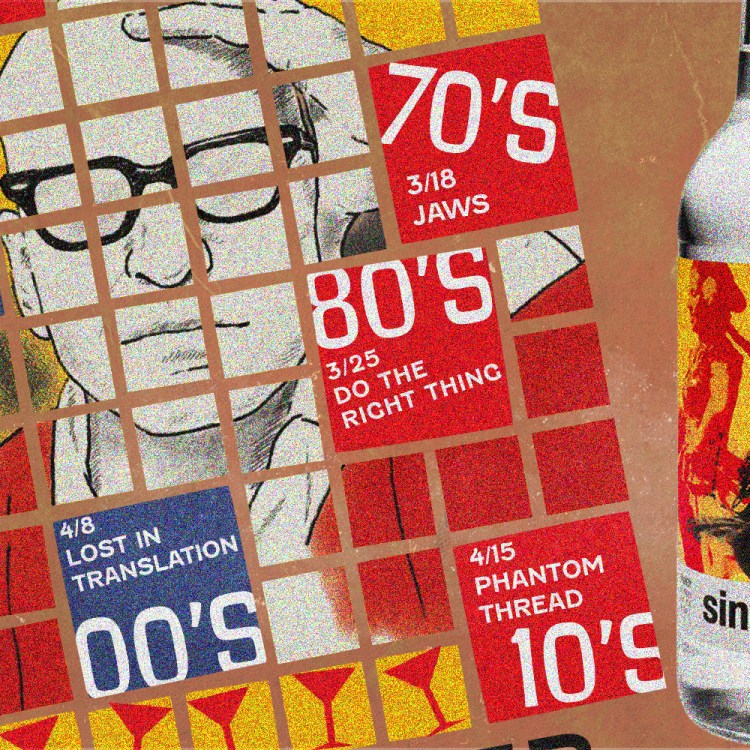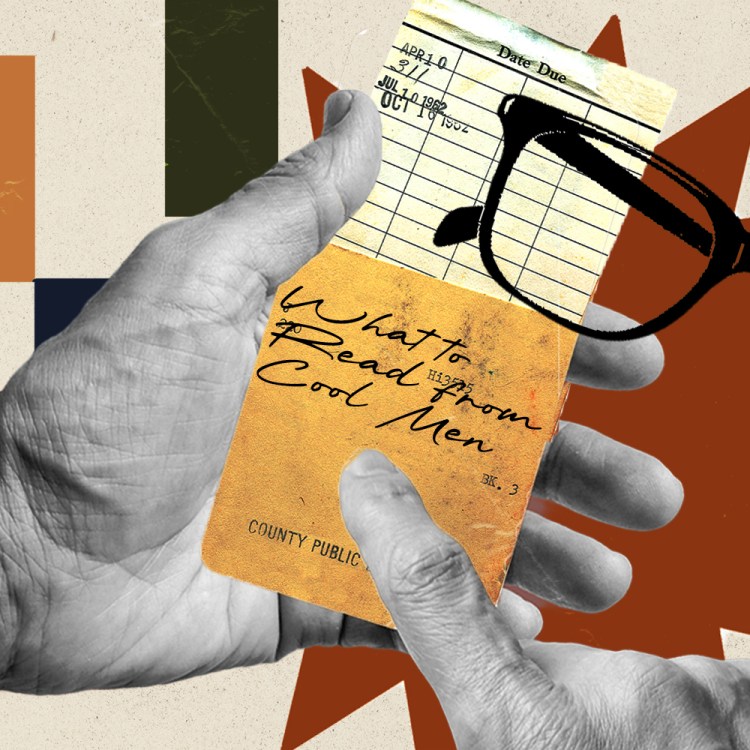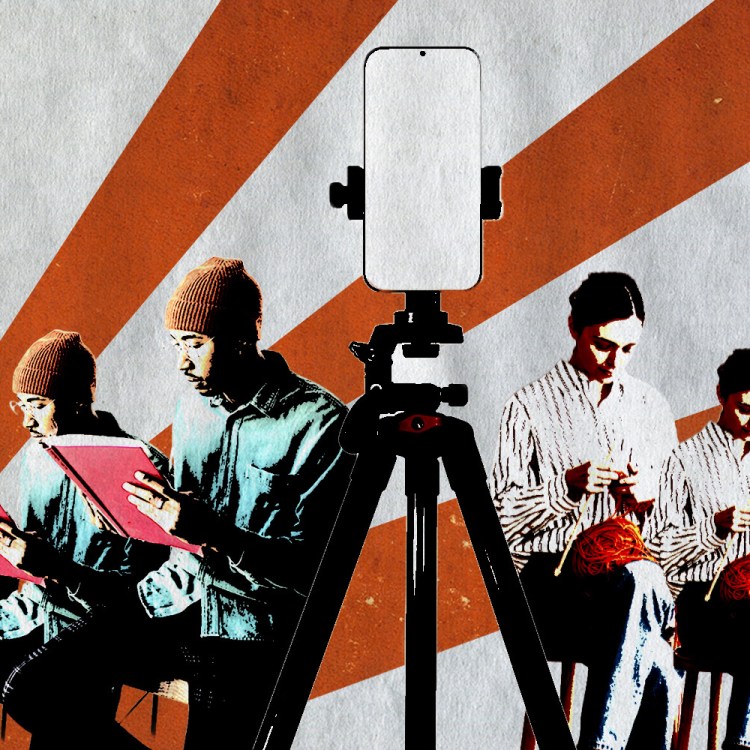The website for international beer giant Heineken proudly displays a quote from its late owner Alfred “Freddy” Heinken: “There is always something happening around a beer.”
Sitting chained inside a freezing warehouse in his pajamas after being kidnapped outside his beer empire’s headquarters was probably not exactly the “something” Heineken had in mind when he said that, but that’s exactly what was happening to him 35 years ago today.
It was on Nov. 30, 1983, three weeks after he had disappeared, that police discovered the beer tycoon and his driver, Ab Doderer, in concrete cells in an otherwise empty warehouse in Amsterdam. By then the kidnappers had made their getaway, but only after securing a ransom payment of more than $10 million.
The trouble for Heineken started on Nov. 9, 1983 just after, coincidentally, wrapping up a lunch with local law enforcement officials, according to The New York Times.
“The two men were abducted by three hooded gunmen on Nov. 9 outside the headquarters of the Heineken brewing company in the center of the city soon after a luncheon Mr. Heineken had given for policemen who foiled an attempt to extort millions from his brewery,” the Times wrote then. “Mr. Heineken and Mr. Doderer were taken by panel truck to a west side industrial section, an area of auto wrecking and carpentry shops and other enterprises.”
Though the gang of kidnappers were reportedly low-level criminals and amateurs, they took impressive precautions once they had their quarry. They purportedly kept to their normal lives, going to their legitimate work during the day and dealing with the hostages on off-hours. They also refused to speak with Heineken or Doderer, communicating whatever was necessary through sign language or written messages.
“I asked the guard for several items by way of a note, most of the time a page torn from a book,” Heineken told reporters later. “Eventually I got some of these items, for instance my reading glasses, something to read and sometimes a cigarette.” He also got, he said, some pajamas to be a bit more comfortable in captivity.
To negotiate the ransom payment, the criminals used coded messages in newspapers.
The kidnappers were betrayed, however, by an anonymous tip to the police about where Heineken and Doderer might be held. It wasn’t specific, but it was enough for the police to watch the right area. From there, an order of Chinese takeaway broke the case, after cops saw someone order two meals from a local restaurant and then take them to the warehouse.
The police waited to raid the warehouse, however, because the ransom payment had been made and they hoped the hostages would be released without incident. When they weren’t, the cops went in.
“I could’ve hugged the rescue team,” Heineken said later.
In a news conference after their rescue, Heineken and Doderer told reporters they had been held in separate cells, but both developed routines to keep themselves busy and sane.
”It was a very emotional time, but not varied,” Heineken said. ”Three weeks of lying down, sleeping, reading, thinking, eating, drinking and, in the first place, trying to stay alive… As far as the chain permitted, I tidied up my cell and every morning I made my bed. Trying to establish a rhythm gives you something to do.”
The Associated Press reported that Heineken said the food was ”four slices of bread in the morning and in the evening there was a hot meal.”
”I always kept one slice of bread to eat at night or the following morning, because you’re never sure that there will be bread the next morning,” he said.
Heineken died in 2002 at 78 years old of pneumonia.
Following the kidnapping, more than 20 people were arrested for their alleged links to the abduction and one of the ringleaders, Willem Holleeder, became a local celebrity in Holland after being caught and convicted. He reportedly appeared on local talk shows and gained the nickname the “cuddly criminal.”
In 2015 interest in the Holleeder and the kidnapping renewed when the incident was made into a Hollywood film, with Anthony Hopkins playing Heineken.
Now, however, Holleeder is the star of a different kind of show: He’s on trial for multiple alleged murders and attempted murders – including the purported killing of a friend and co-conspirator in the Heineken kidnapping.
“This process is also one of demythologisation: there is no top criminal or cuddly criminal, but a cold, vulgar kidnapper and murderer,” Sabine Tammes, speaking for the prosecution said.
Holleeder has denied the charges, and the dramatic trial is expected to continue into the summer of 2019.
This article appeared in an InsideHook newsletter. Sign up for free to get more on travel, wellness, style, drinking, and culture.


